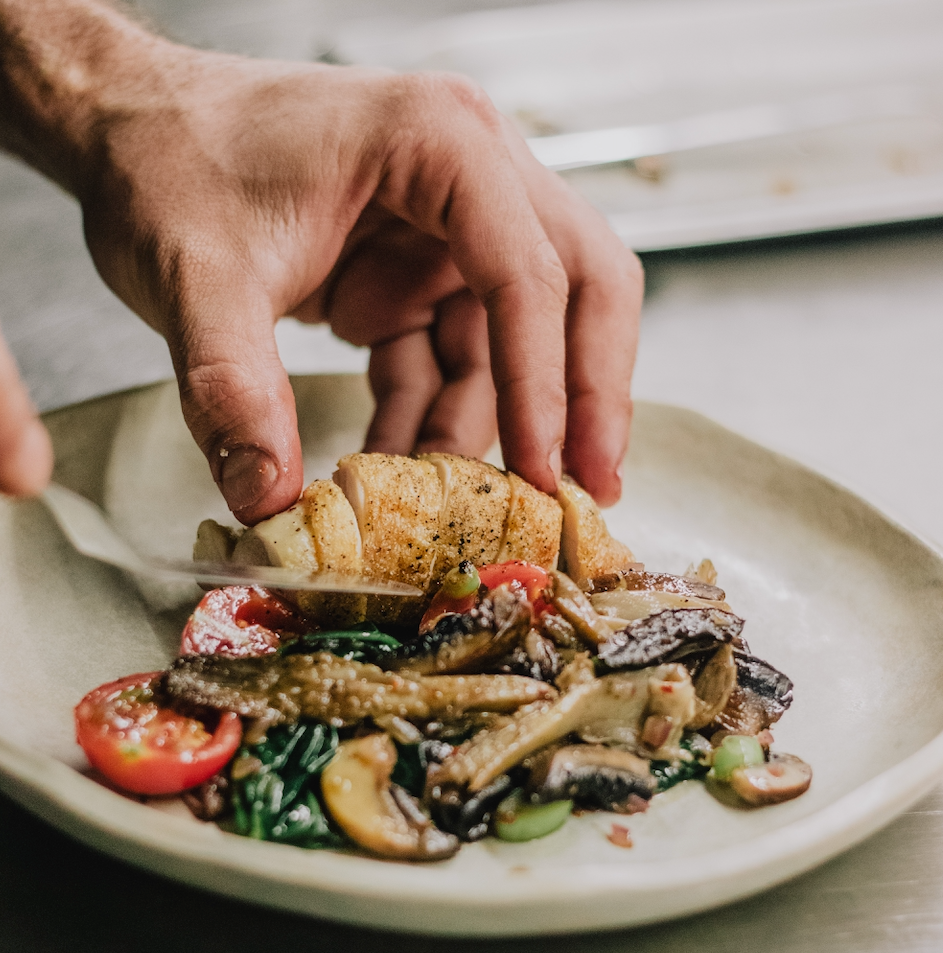
Why are people bathing in the forest?
By 2050, it is expected that 66% of the world's population will live in cities. According to a study sponsored by the Environmental Protection Agency, the average American already spends 93% of their time indoors. We are living in an era of disconnect from the natural world.

"look deep into nature then you will understand everything better"
At the onset of this estrangement from nature in the 1980s, there was a passionate group in Japan that clung to and advocated for the benefits of spending time outdoors and simply being. They coined the term "Shinrin-yoku," which literally translates to "forest bathing." This has its roots in a traditional Japanese practice of immersing oneself in a natural forest environment to promote physical, mental, and emotional health.
This practice is grounded in the belief that spending time in nature and engaging consciously with the natural world can have a profound impact on one's overall health and vitality. Here are some key aspects of shinrin-yoku:
Sensory Experience
You are encouraged to fully engage your senses. This includes observing the sights, listening to the sounds, feeling the textures of trees and plants, and smelling the scents of the forest.
Physical Benefits
Modern studies have shown that spending time in natural forests can have various physical benefits, such as reduced stress, strengthened immune system, and improvement in overall cardiovascular health.

Mental and Emotional Benefits
Shinrin-yoku is also associated with improved mental and emotional well-being. It can reduce symptoms of anxiety, low mood, and anger, while increasing energy and enhancing feelings of relaxation and satisfaction.
Overall, shinrin-yoku is a practice that encourages people to slow down, reconnect with nature, and reap the many physical and mental health benefits that spending time in natural environments can offer. It has not only gained popularity in Japan but also in other parts of the world as a way to combat the stress of modern life and promote holistic well-being



